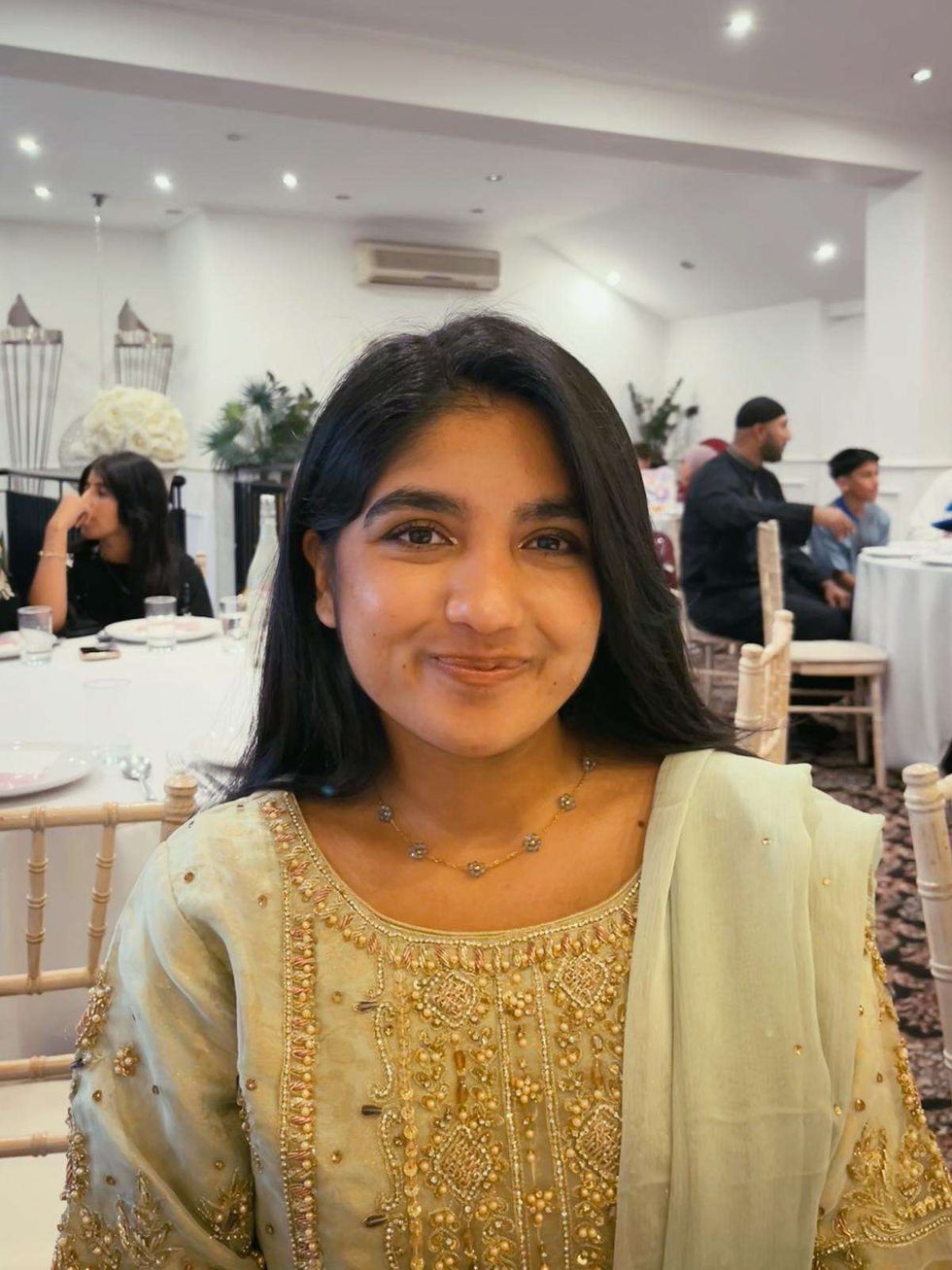WRITER Mirza Hadi Ruswa originally published his Urdu language novel Umrao Jan Ada in 1899, and legend has it that the story is based on a real life 19th century courtesan. Within a few years of publication, the story was widely read and considered the first popular Urdu novel. Today, versions of the book in different languages are available.
The poignant tale revolves around a kidnapped young girl sold to a house of ill repute, who grows up to become a famed courtesan in the city of Lucknow and attracts several high-profile suitors. The story capturing the last years of Lucknow’s glory days became a much-revered classic and would embark on a long journey that continues today more than 120 years after its publication.
In 1972, the novel was adapted into Pakistani film adaptation Umrao Jan Ada, but it would be a 1981 Bollywood version that would change everything. Umrao Jaan would become the definitive version of the 19th century set story and gain a global fan base. Written, produced and directed by Muzaffar Ali, the evergreen classic starring Rekha in her career-defining role became one of the greatest Bollywood films, but it wasn’t all smoothing sailing. The ambitious project was considered more of an art-house film, so it wasn’t afforded the budget of a blockbuster and that made it challenging to complete. With the director not willing to compromise on his vision and weather working against the project, it looked at one stage the film wouldn’t get completed. Thankfully, the team, including notoriously difficult lead star Rekha, believed in Umrao Jaan and the way Ali had elevated the original with a great screenplay.
When the film finally released, the huge multi-starrers overshadowed it, but it didn’t matter because it had a timeless quality the other commercial blockbusters didn’t. Whilst most of the other films released in 1981 were forgotten, Umrao Jaan became more popular as time progressed.
That artistry didn’t go unnoticed by India’s most prestigious cinematic honour The National Awards, where it swept the boards. Rekha (best actress), Asha Bhosle (best female playback singer), Khayyam (best music direction) and Manzur (best art direction), all won. It would win more honours, including a Filmfare best director award for Ali. Its legendary songs Dil Cheez Kya Hai and In Ankhon Ki Masti Ke became popular globally, including being sampled by international pop stars.
In 2003, the novel formed the basis of Pakistani serial Umrao Jan Ada. In 2006, a lavish Bollywood version starring Aishwarya Rai was released and then the idea of making a sequel set decades later with Rekha reprising her role was considered.
In 2019, the magic of the original novel and 1981 classic was recreated with the stage musical Umrao Jaan Ada, which has been playing to packed houses.
Although scholars are divided on whether irresistible poetess, singer, dancer and courtesan Umrao Jaan Ada was a real person, her legend lives on.





 Mareyah Bhatti , a sustainability strategist and passionate home cookMareyah Bhatti
Mareyah Bhatti , a sustainability strategist and passionate home cookMareyah Bhatti





